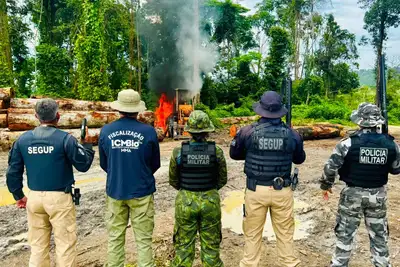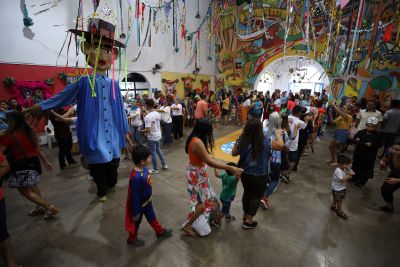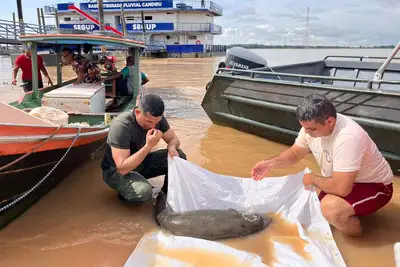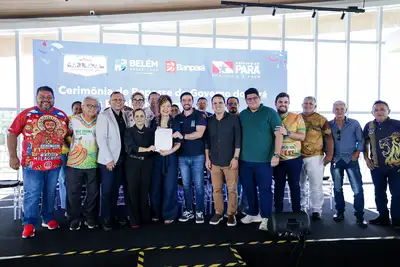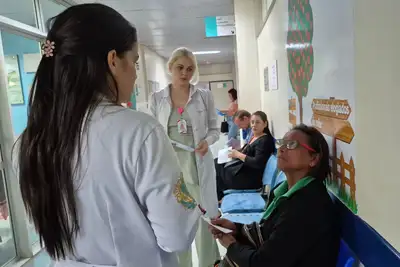Pará reinforces environmental leadership on International Biodiversity Day
The new phase of the Reintroduction and Monitoring of Ararajubas project plans to release more 30 birds by the end of 2025, as part of the preparatory actions for COP30, which will be held in Belém in November
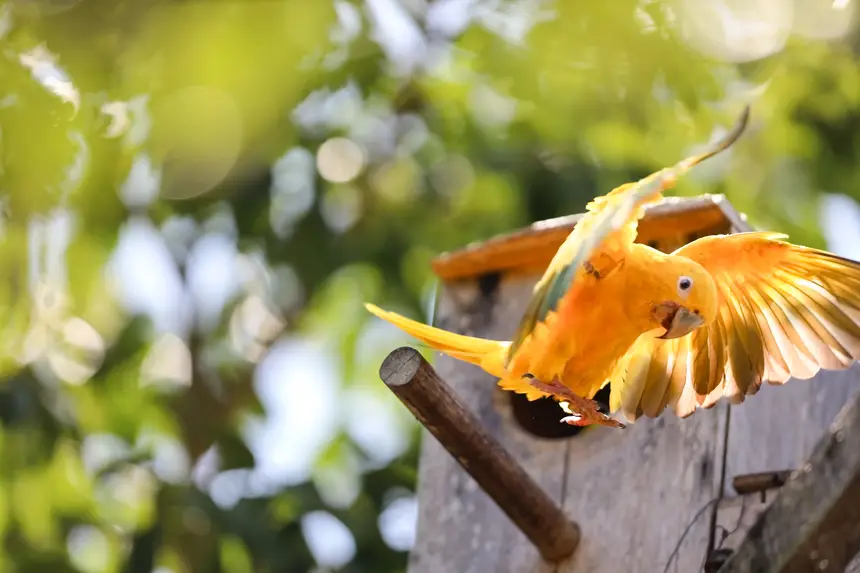
On this Thursday (22), when the world celebrates International Biodiversity Day, the Government of Pará highlights the advances in environmental conservation actions carried out through the Forest Development and Biodiversity Institute (Ideflor-Bio). Among the emblematic projects is the Reintroduction and Monitoring of Ararajubas (Guaruba guarouba), a bird symbol of the Amazon and considered a flagship species for conservation in the Metropolitan Region of Belém.
In its third phase, the project has already reintroduced more than 80 ararajubas in the Utinga State Park “Camillo Vianna” and nearby areas, consolidating a technical-scientific effort to restore the species' population in a natural environment. The new phase plans to release more 30 birds by the end of 2025, as part of the preparatory actions for the United Nations Conference on Climate Change, COP30, which will be held in Belém.
“Our main goal is to surpass the mark of 100 reintroduced ararajubas in the capital, with a viable population capable of reproducing in freedom. This is a commitment to biodiversity and future generations,” says the Environmental Management technician at Ideflor-Bio, Rubens Aquino. According to him, there is effective monitoring of 13 to 15 birds in free flight, which use the Park as shelter and food source, demonstrating adaptation to the urban-forest ecosystem.
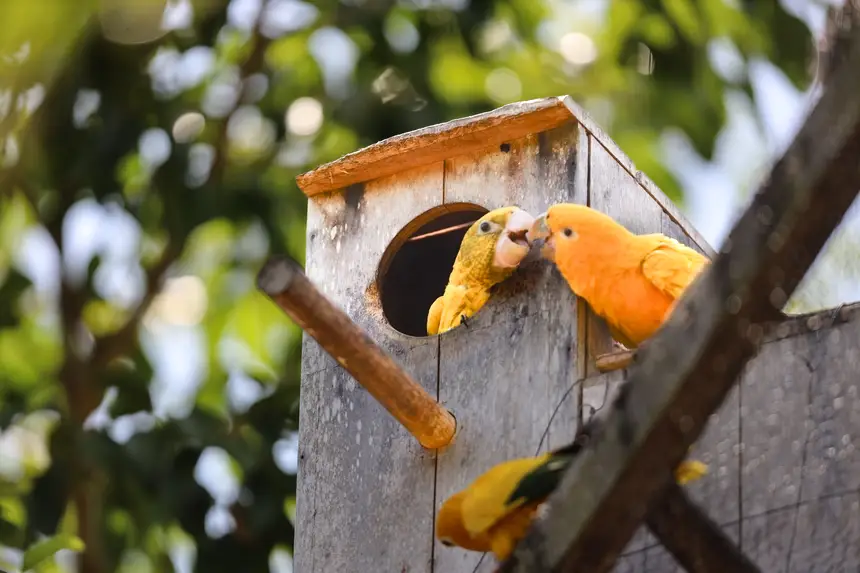
Success - In addition to the release of new birds, the project has yielded promising results with the birth of chicks in the wild, reinforcing the success of the strategy. The technical team maintains a direct relationship with the surrounding community, promoting environmental education activities in local schools and institutions. “The population is a fundamental part of this project. They are our eyes outside the park and help in the protection and recognition of the importance of ararajubas for the region,” adds Rubens.
The director of Biodiversity Management at Ideflor-Bio, Crisomar Lobato, emphasizes that the ararajuba project symbolizes a structured public environmental policy that combines science, education, and social inclusion. “We work with an integrated approach to conservation, where biodiversity is not only protected but valued as an asset for the sustainable development of the State. The flight of ararajubas in Belém is the concrete expression of this,” he highlighted.
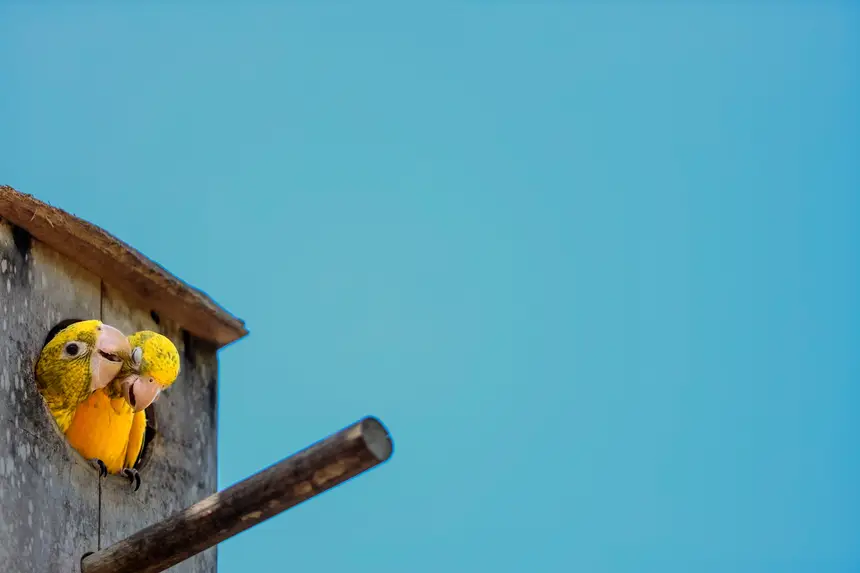
Actions - The actions of Ideflor-Bio in strengthening Conservation Units, recovering degraded areas, managing the sustainable use of natural resources, and protecting endangered species, such as the ararajuba, have been a national reference. The Institute also leads reforestation actions, land regularization, and support for traditional populations in protected areas.
According to the president of Ideflor-Bio, Nilson Pinto, International Biodiversity Day is an opportunity to reinforce Pará's role in the global environmental agenda. “We are the most biodiverse state in the Amazon and are fully aware of our responsibility. The reintroduction of ararajubas is a gesture of hope and also a sign that it is possible to reconcile development, social justice, and environmental protection,” he emphasized.
Furthermore, according to Nilson Pinto, the choice of the ararajuba as a symbol of conservation reflects not only its beauty and rarity but also its ecological and cultural importance to the Amazon biome. “The project, besides being technical, is an invitation to raise society's awareness about the value of biodiversity, which goes far beyond statistics – it is present in the sound, the flight, and the life that pulses in the urban parks of the capital of Pará,” added the president of Ideflor-Bio.





